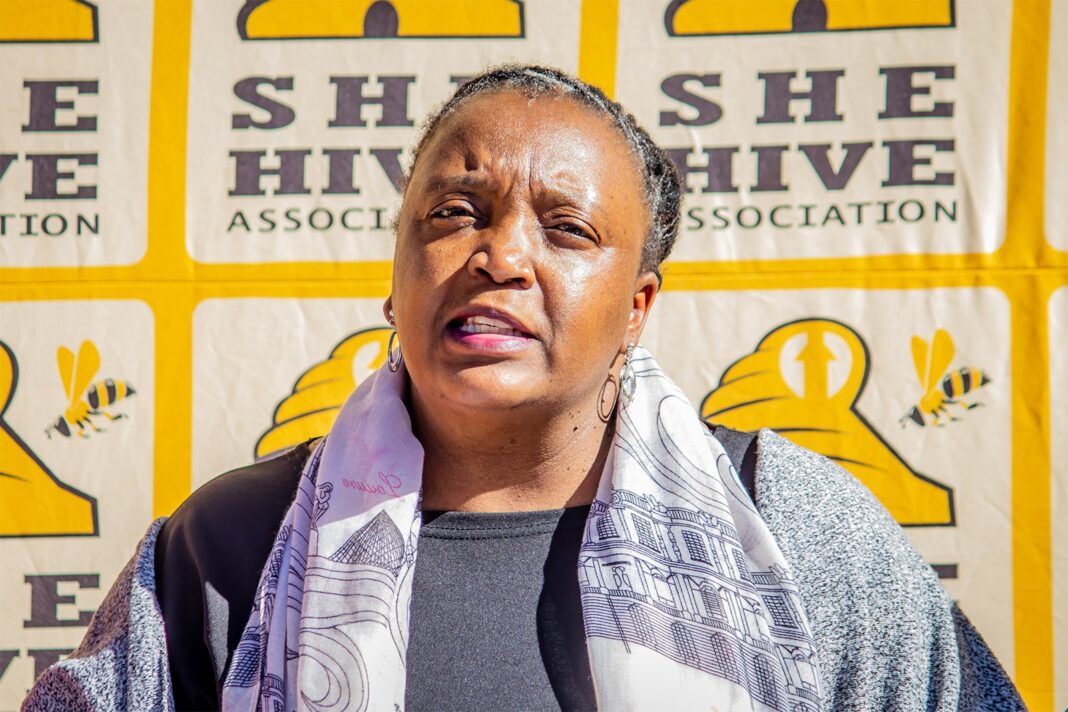By Seleoe Nonyane
Some alcohol and tobacco traders have warned that the operationalisation of the new legislation enforcing levies on alcohol and tobacco products could result in job losses.
The law on tobacco and alcohol levies came into force on March 1 this year, introducing a levy of 30 percent on tobacco products and 15 percent on alcoholic products. This has effectively seen a sharp rise in the prices of these products.
Speaking to theReporter this week, the traders expressed concerns that with both alcohol and tobacco products now priced out of the reach of many consumers, this would impact negatively on their already limping businesses.
With their businesses now not making profits, the only course open to them would be to either close down or lay off staff, they said.
The owner of Ba.One Lounge, Molumo Mokhafola, said businesses will not prosper if they fail to reach the targeted sales due to a dip in the number of patrons.
“We will have to cut down the number of employees now that this law is effective. But for big traders there will not be that huge an impact.
“Big restaurants are likely not to feel the that much of a pinch to their sales. It is those small ones that will be heavily affected. Some customers only drink when they have money,” he said.
Mokhafola said that since the levy was introduced, he could not explicitly detail the gravity of the impact.
“We will only be able to rightly monitor the rate of sales and the impact of the law in the next two months or so.
“But technically the way I see it, the government was saying deaths, crimes and unwelcome behaviour are being caused by alcohol consumption and to some degree I agree but I think it was more of an emotional decision.
“I believe that the problem is not really alcohol abuse. The government does not understand that people need entertainment and this does not necessarily involve drinking,” he said.
He went on to make a controversial claim that Lesotho has no entertainment facilities at all hence, and alcohol consumption is the only available form of entertainment.
“I think the country is lagging behind as far as entertainment is concerned; in fact, it is very poor,” Mokhafola charged.
He urged the authorities to ‘objectively’ address the real roots of the country’s social ills and instead of the symptoms, arguing alcohol consumption is not necessarily a vice.
Tobacco vendor Tefo Monyane, who operates at Ha ‘Nelese Maseru, said since the implementation of levy his profits had declined.
Monyane said after the Alcohol and Tobacco Products Levy Act came into effect, he was forced to increase his prices, much to the chagrin of his customers.
“My business has been hit hard by this Tobacco and Alcohol Levy Act because my customers sometimes still pay the old prices. This means I am running a loss.
“I take the money because it is better than not taking it at all. I have also lost many customers.
“Previously, I would stock up every morning. But these days I stock up after three days,” he lamented as he pondered the prospect of closing down.
Alcohol and tobacco traders have been vehemently opposing the Tobacco and Alcohol Levy law since its introduction to the economic and development cluster committee in 2021.
The argued introducing levy of 15 percent on tobacco products would just make illegitimate stakeholders and illicit companies more active in the market because raising a levy would not necessarily stop people from smoking nor reduce consumption.









